2月1日に亡くなった石原慎太郎さんを偲ぶインタビュー記事を読んでいて印象に残る一文がありました。
それは、80歳の時に脳梗塞になったことで自分の死期を初めて意識してから、ものの味方や考え方に変化が生じ、日常が非常に新鮮に見えるようになったと言うのです。例として出されていたのが、”廊下を這っている小さな虫をスリッパで踏み潰そうと思わなくなった。かろうじて生きている者同士の共感があるからでしょう。”
如何にも石原さんらしい言いようだと思いましたが、このインタビューで、死を意識することで、生きたいという気持ちが強くなり、今という時間が一層愛おしくなったとも答えておられます。
そして、自分には幸いにも、ものを書くという生き甲斐があるので、死ぬまで何かを書いているでしょうとインタビューを締め括られています。
このインタビュー記事を読み、人生って、年齢に関係なく、これまでに何をして、何をしなかったではなく、今、何をするのか、どんな未来を描くのかが大切。つまり、過去に囚われないで、未来を思い今を生きることの連続であると教えられたような気がします。
ネットで、過去の石原さんの言動を批判するような記事が目につきますが、亡くなった人に対して批判することに意義はあるのでしょうか。
(English)
While reading an interview in memory of Shintaro Ishihara, who passed away on February 1, there was one sentence that left a deep impression on me.
He said that after he had a stroke at the age of 80 and became aware of his own mortality for the first time, he began to change the way he thought and the way he looked at things, making everyday life seem very fresh. As an example, she said, “I no longer think of stepping on a small insect crawling in the hallway with my slippers. I guess it’s because there is empathy between people who are barely alive.”
In this interview, he also said that being aware of death has strengthened his desire to live and made him love the present time even more.
He concluded the interview by saying that fortunately for him, he has a purpose in life, which is writing, so he will probably be writing something until he dies.
Reading this interview, I realized that life is not about what you did or didn’t do in the past, regardless of your age, but about what you do now and what kind of future you envision. In other words, I feel like I was taught that life is a series of thinking about the future and living in the present, not being stuck in the past.
On the Internet, I see articles that criticize Mr. Ishihara’s words and actions in the past, but I wonder if there is any significance in criticizing a deceased person.
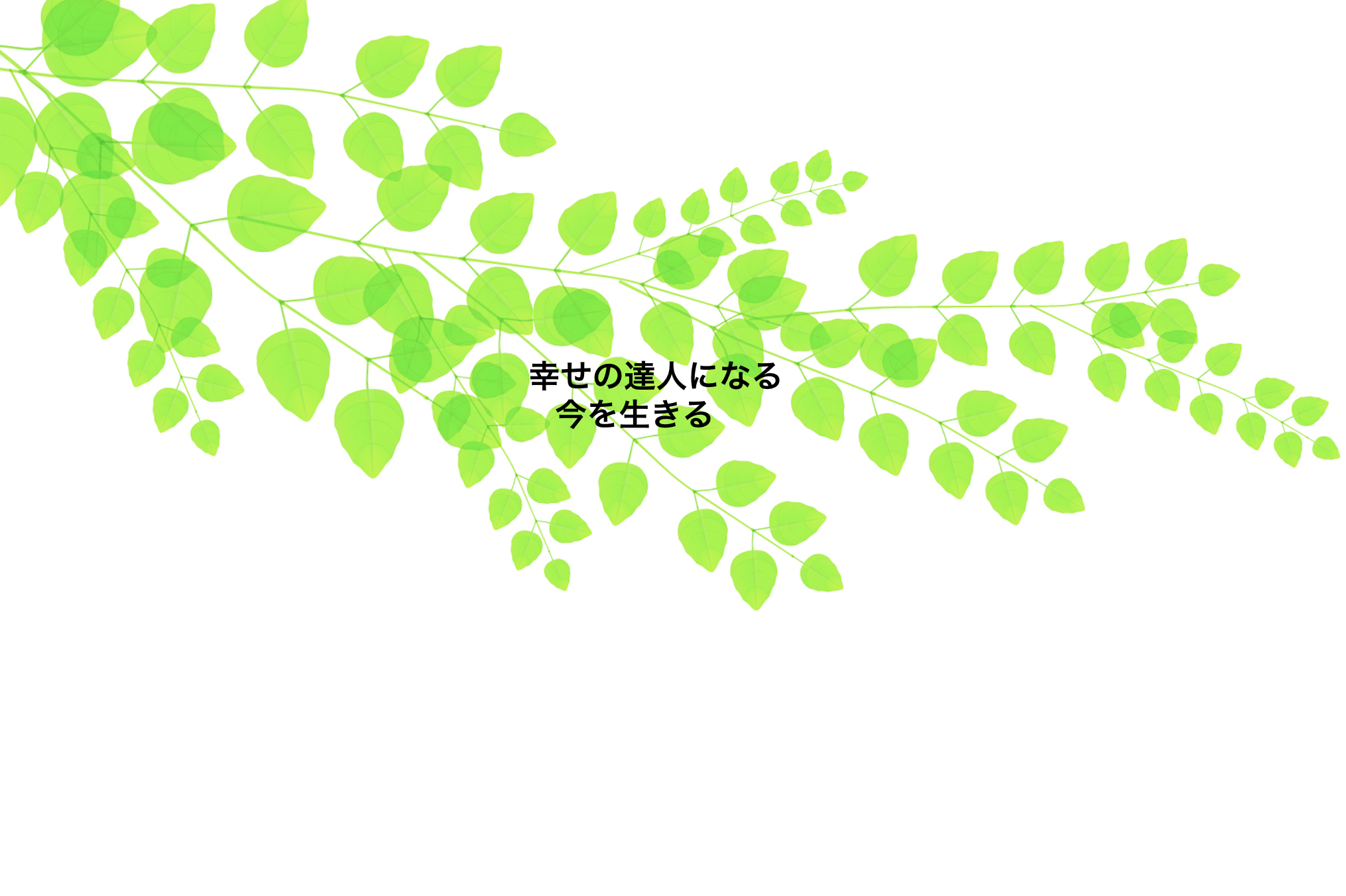

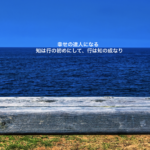
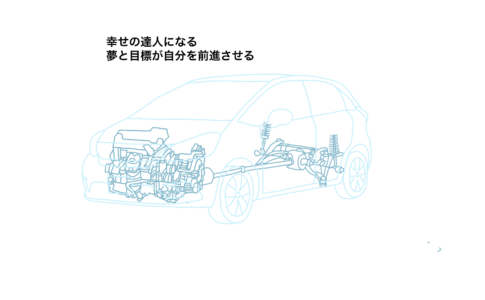

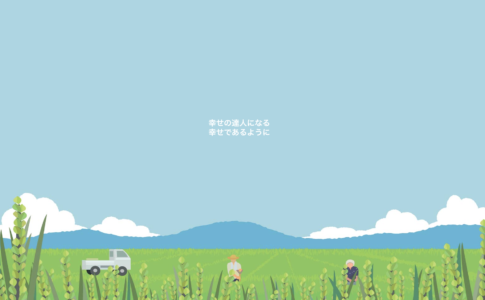

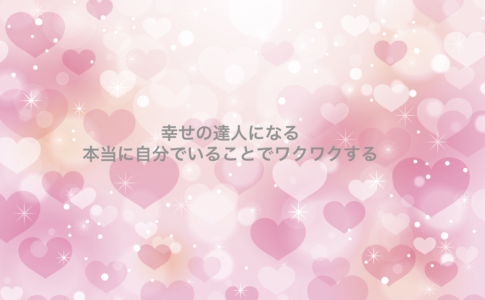


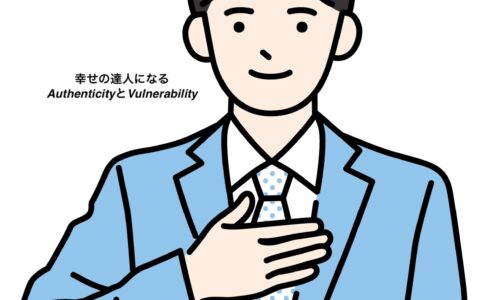
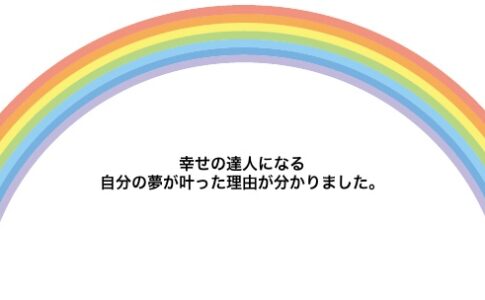
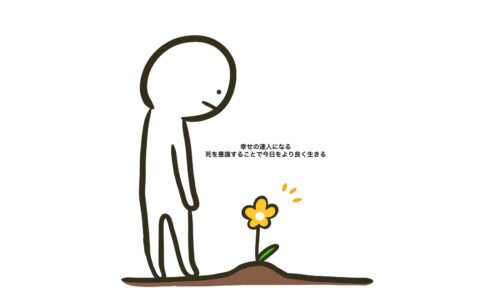


人生って、年齢に関係なく、これまでに何をした、何をしなかったではなく、今、何をするのか、どんな未来を描くのかが大切。つまり、過去に囚われないで、未来を思い今を生きることの連続であると教えられたような気がします。